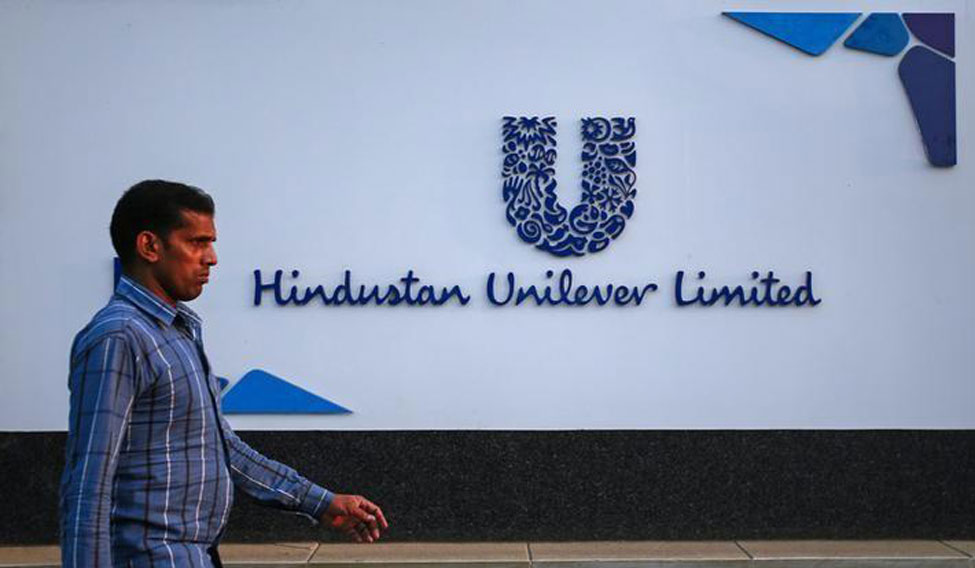Fast moving consumer goods companies in India were hit hard by demonetisation last year, particularly in the rural markets, where the government's move to ban high value currency notes, left little cash in the hands of the people in the initial months. Further on, the initial speed-bumps post the rollout of the Goods and Services Tax and the various ongoing changes also hurt. However, Hindustan Unilever, the largest fast moving consumer goods maker in the country, says there has been a gradual recovery in demand across product categories since, and is hopeful of it continuing in the months ahead.
"We are seeing a gradual improvement in demand across categories and the improvement is likely to sustain, that is how we see the near-term expectation," said Srinivas Phatak, CFO of HUL.
The company reported a 28 per cent year-on-year rise in net profit for the October-December quarter at Rs 1,326 crore. Its total income for the quarter was up 4 per cent at Rs 8,742 crore.
HUL said that the comparable domestic consumer growth reflecting accounting impact of GST was 17 per cent in the third quarter, while its volumes grew 11 per cent.
It should be noted that in the October-December quarter of 2016, sales growth had been flat, while volumes had declined 4 per cent in the backdrop of demonetisation.
While demand is picking up, HUL has warned of inflationary pressures, as crude oil prices have risen, and top executives say the need is to focus more on managing costs, while it may also have to increase prices if necessary in the future. In the third quarter, its cost of materials consumed jumped 24 per cent.
"Inflationary pressures have started to kick in. The way we want to look at managing inflation is through multiple levers. We have a (cost) saving programme, we will aggressively drive that. As we see more volumes come through, we start to get a big operating leverage. We have a premium portfolio, which is continuing to drive well...There will be a point in time we will have to look at pricing. When required, if required, we will take judicious price increases," said Phatak.
HUL has received a notice from the Director General of Safeguards (DGS) for allegedly profiteering in the GST regime. The DGS had issued notices to a few other companies too on allegations of not passing on the benefit of the rate cuts to consumers.
The GST council had reduced tax on several product categories from 28 per cent to 18 per cent post a review in November 2017.
HUL executives say that while the implementation of the change was initiated immediately, it was not possible to pass on the benefit of the rate reduction on some of the pipeline stocks to the end consumers as time was required to change artworks, order packaging material, produce the products and then make them available in stores. Since then, it has either reduced prices or increased grammage across more than 800 stock keeping units and almost 95 per cent of the products in the market are now reflecting the reduced GST rates.
"As far as the modern trade was concerned, we asked them to pass on the benefits to consumers and this was implemented very quickly. Our distributers also reached out to more than a million retailers asking them to pass on the benefits. Actions were initiated immediately. But, it takes time. We always have stocks in the pipeline. As we stand today, most of it has really happened," said Phatak.
HUL says an estimated value of Rs 119 crore has been proactively disclosed to the Central Board of Excise and Customs on this count and it has offered to pay the amount to the government. The amount is not recognised as revenue and is accounted as a liability as on December 31, it added.






